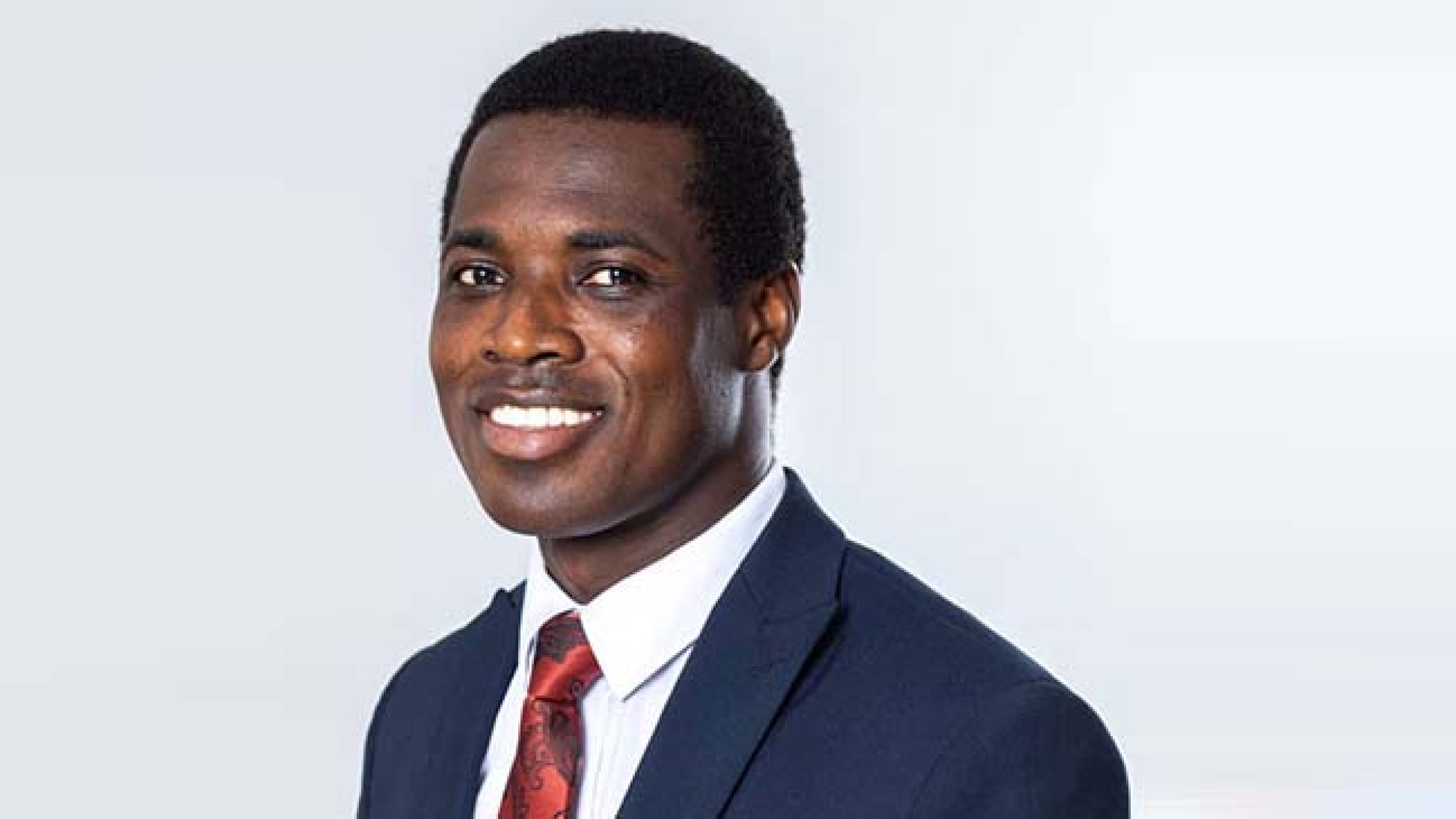As a young religious boy born into the church, I was made to believe that it is only Satan and demons who can possess human beings and the environment. Such statements like, “You’re possessed by the devil,” or “You are demon-possessed” were common, especially during our prayer meetings. As I grew in the Lord, I realised that the Holy Ghost and the Church can also possess the environment, including Satan and his agents. This profound truth is rooted in the Great Commission given to us by Jesus Christ.
The Holy Spirit’s indwelling presence transforms believers, empowering us to be agents of divine change. This realisation reshaped my perspective on spiritual possession. Rather than viewing ourselves as vulnerable to demonic influence, we should recognise our calling to be vessels of the Holy Spirit, spreading His influence across every facet of society.
In Matthew 28:18-19, Jesus declares, “All authority in heaven and on earth has been given to me. Therefore, go and make disciples of all nations, baptising them in the name of the Father, Son, and Holy Spirit.” Similarly, in Mark 16:15-17, He commands, “Go into all the world and preach the gospel to all creation. Whoever believes and is baptised will be saved, but whoever does not believe will be condemned. And these signs will accompany those who believe: In my name, they will drive out demons and speak in new tongues.”
These scriptures emphasise the authority and power bestowed upon believers. As followers of Christ filled with the Holy Spirit, we are called to go out and possess the nations, the systems, the earth, and everything in it, including demons, principalities, powers, thrones, and dominions. Our mission is to transform the world by making Jesus the centre of its system.
When we go out as people filled with the Holy Spirit, we carry the essence of God’s kingdom. We are not just ordinary individuals; we are ambassadors of Christ, empowered to bring His light into the earth’s darkest corners. The church is not a passive entity but a dynamic force capable of influencing and transforming every aspect of society.
In the presence of the church, Satan’s power is rendered ineffective. With the church in existence, Satan should have no authority to possess any soul or the environment; it should be the other way around. The church should instead possess Satan himself. This is not a mere metaphor but a spiritual reality. As we walk in the power of the Holy Spirit, we have the authority to bind and cast out demons, reclaim territories for the kingdom of God, and transform individuals and communities.
The notion of possessing the nations is not about dominance or control in a worldly sense. It is about permeating every sphere of influence with the love, grace, and truth of Jesus Christ. It is about being salt and light, bringing hope to the hopeless, and standing as a testament to the power of the gospel. As believers, we are called to be transformational agents, impacting the world around us with the values and principles of God’s kingdom.
The Holy Spirit’s power is not limited to the personal transformation of believers but extends to the transformation of societies and environments. We become conduits of God’s will on earth when we acknowledge and embrace this power. This is not a passive role but an active engagement with the world around us, confronting and overcoming darkness with the light of Christ.
Practically, this means engaging in our communities, workplaces, and societies from a kingdom mindset. It means living out our faith authentically and serving as a witness to the transformative power of Christ in our lives. It means praying for our leaders, advocating for justice, and serving those in need. It means confronting the forces of darkness with our authority in Christ and declaring His lordship over every situation.
Let us swallow up the devil by making Jesus the centre of the world’s system. Let us be intentional in our efforts to possess the nations, knowing that we are not alone. The Holy Spirit is with us, empowering us to fulfil the Great Commission. As we step out in faith, remember that we are part of a more significant movement, the body of Christ, working together to bring God’s kingdom on earth as it is in heaven.
In conclusion, as we grow in our understanding of our divine mandate, let us be bold in our pursuit of possessing the nations. Let us walk in the authority given to us by Jesus Christ, knowing that we are equipped to drive out demons, heal the sick, and proclaim the good news of the kingdom. The church is not a passive observer but actively involved in God’s redemptive plan for humanity. Let us rise to the occasion, empowered by the Holy Spirit, and make a lasting impact in our world.
By Pastor Fred Amoakohene Sarpong (Resident Minister, Prophet M. K. Yeboah Worship Centre, Kasoa Area)














